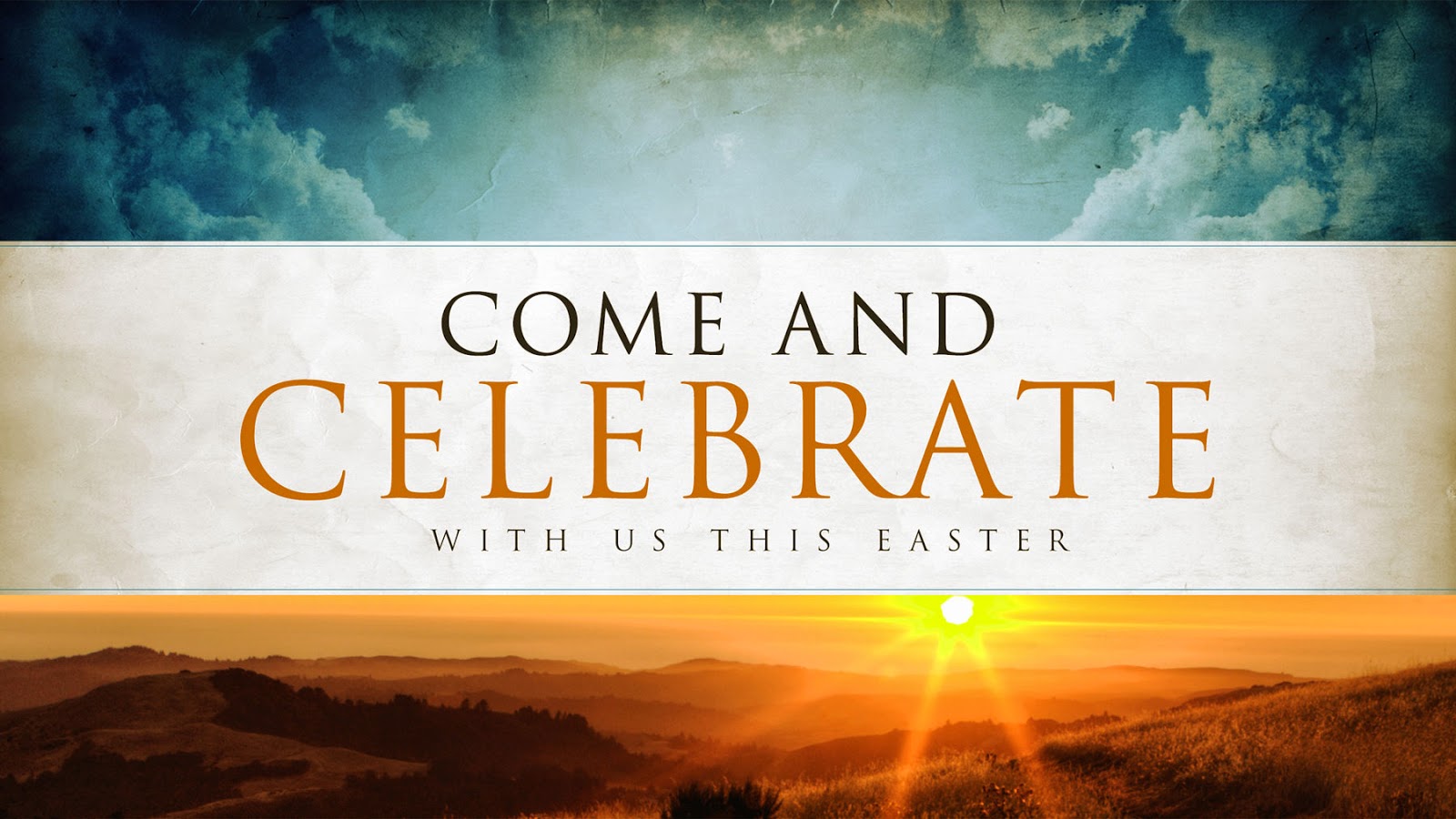Meditations from Last week:
1. Interested in the notion that Christ gave us his faith (pistis Iēsous)?
read these
Chapter's 6 and 7 - a western scholarship viewpoint
and if you really want to go deepread these
Chapter's 6 and 7 - a western scholarship viewpoint
with more to come after a response from Fr. Evan.
First Reading — Acts 4:8-12 8
Then Peter, filled with the Holy Spirit, said to them, “Rulers of the people and elders, 9 if we are being examined
today concerning a good deed done to a cripple, by what means this man has been healed, 10 be it known to you all,
and to all the people of Israel, that by the name of Jesus Christ of Nazareth, whom you crucified, whom God raised
from the dead, by him this man is standing before you well. 11 This is the stone which was rejected by you builders,
but which has become the head of the corner. 12 And there is salvation in no one else, for there is no other name
under heaven given among men by which we must be saved.”
Discussion Questions:
1. Peter says that it was Christ who healed the crippled man. “He is the stone rejected by you, the builders, which has become the cornerstone.” Yet the one who saves is not a mighty warrior, but a lowly shepherd. How does that relate to the opposite belief that evil can only be corrected through force? What might a police force learn from this reading?
2. In this reading Peter responds to people trying to discredit Jesus’ message. Do you see efforts to discredit Jesus’ message in the world today? Name some. How can you help bring God’s saving grace to a world/neighborhood in desperate need of healing?
3.How do you respond to Peter’s statement that “there is salvation in no one else, for there is no other name under
heaven given among men by which we must be saved”?
4. Explain why this must be true. (A helpful reference is Mission of the Redeemer, paragraph 5)
Second Reading — 1 John 3:1-2
1 See what love the Father has given us, that we should be called children of God; and so we are. The reason why the
world does not know us is that it did not know him. 2 Beloved, we are God’s children now; it does not yet appear
what we shall be, but we know that when he appears we shall be like him, for we shall see him as he is.
Discussion Questions:
1. What gifts have you received as a child of God? What gifts have you received today from God?
2. God is always present, hovering over us like a mother hen. Why does God not just jump right in and save us from all the messes we get into?
3. Children usually manifest some characteristics of their parents. As a child of God which characteristics of the
Father would you like to see become prominent in your life?
4. What is the most outstanding benefit of being God’s child?
Gospel Reading — 1 John 3:1-2
11 I am the good shepherd. The good shepherd lays down his life for the sheep. 12 He who is a hireling and not a
shepherd, whose own the sheep are not, sees the wolf coming and leaves the sheep and flees; and the wolf snatches
them and scatters them. 13 He flees because he is a hireling and cares nothing for the sheep. 14 I am the good
shepherd; I know my own and my own know me, 15 as the Father knows me and I know the Father; and I lay down
my life for the sheep. 16 And I have other sheep, that are not of this fold; I must bring them also, and they will heed
my voice. So there shall be one flock, one shepherd. 17 For this reason the Father loves me, because I lay down my
life, that I may take it again. 18 No one takes it from me, but I lay it down of my own accord. I have power to lay it
down, and I have power to take it again; this charge I have received from my Father.”
Discussion Questions:
1. Besides suggesting that priests stay close to the marginalized by being, as Pope Francis put it, “shepherds living with the smell of the sheep” (Homily for Chrism Mass, March 28, 2013), he also said that
The Son of God, by becoming flesh, summoned us to the revolution of tenderness.
Evangelii Gaudium, 88
How do those statements relate to Jesus calling himself the Good Shepherd?
2. Jesus said, “I know mine and mine know me, just as the Father knows me and I know the Father; and I will lay down my life for the sheep.” Jesus applies the Trinitarian love-recognition between him and his Father to the recognition between himself and his own. What does this tell you about how well you are known and how much you are loved? For whom will you lay down your life?
3. Who are the “other sheep” to whom Jesus was referring? What “fold” was he referring to?
4. What helps you to listen to his voice?
5. What new thing have you learned about Jesus from this passage?

